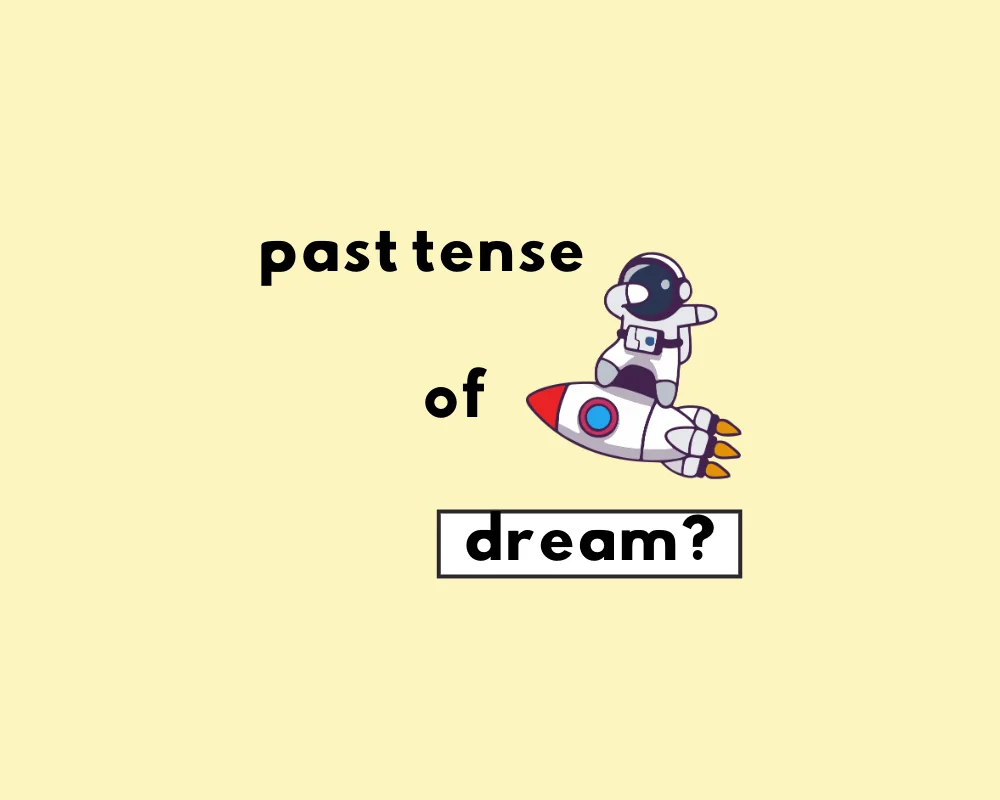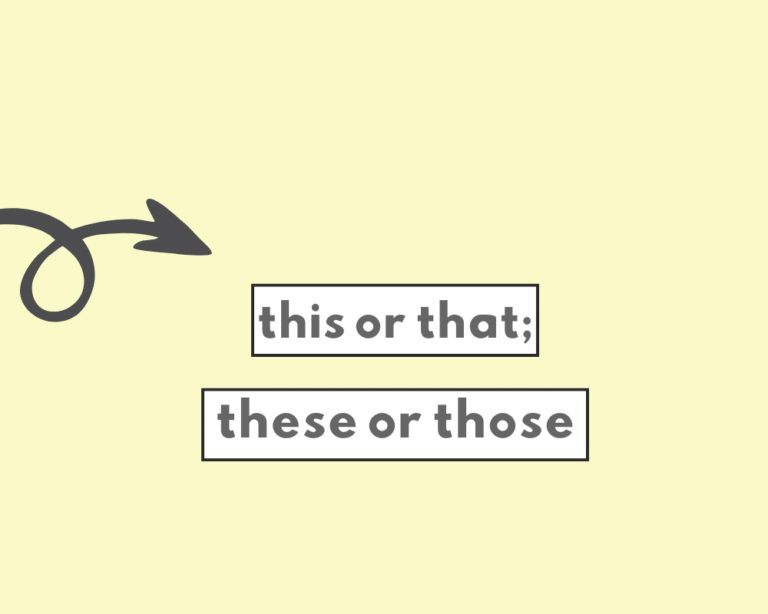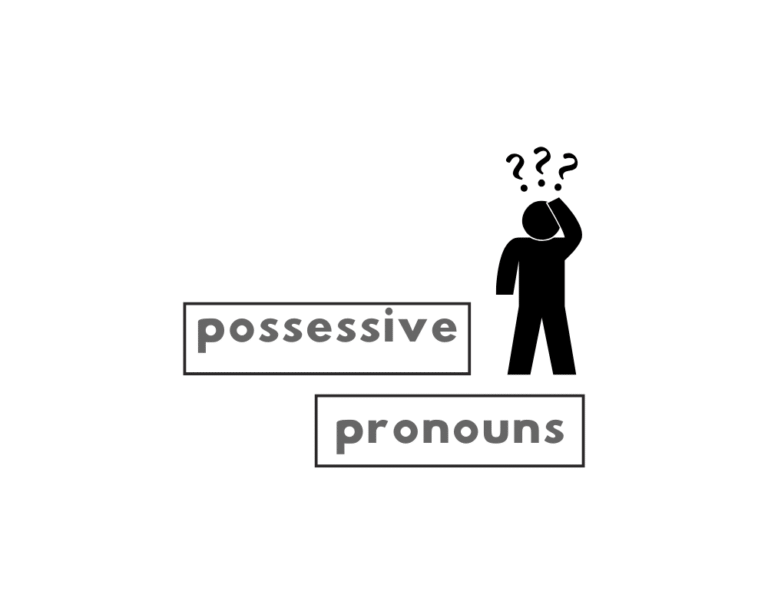What’s the past tense of dream?
When you want to tell someone about your dream, should you say I dreamed or dreamt?
Dream has two spellings in the past tense. In other words, you can use either dreamed or dreamt, since both are correct, (but choose one to be consistent).
Last night, I dreamt/dreamed of flying over a vast ocean.
He dream of winning the lottery.
When to use “dreamed” or “dreamt”
To understand the word, ‘dream’ has a noun and verb form: the former refers to “a series of images, events and feelings that happen in your mind while you are asleep”. The latter is the actual experiencing of these images or events that happen while you’re asleep.
Use either dreamed or dreamt, since both are correct spellings.
Verb forms of “dream”
| Present | Past | Future | |
| simple | I dream | I dreamed/dreamt | I will dream |
| continuous | I am dreaming | I was dreaming | I will be dreaming |
| perfect | I have dreamt/dreamed | I had dreamt/dreamed | I will have dreamt/dreamed |
| perfect continuous | I have been dreaming | I had been dreaming | I will have been dreaming |
Similar to verbs like smelled/smelt, spelled/spelt, and burned/burnt, what broadly differentiates them is that dreamt (an irregular verb form) is the UK English preference, and American English prefers dreamed, which is the standard verb form that ends in “ed”.
Is dream a regular or irregular verb?
It depends on which form you use. Dream-ed is regular since it ends in “-ed”, whereas dreamt is irregular since it does not. Dream belongs to a special class of verbs that accepts two forms as both the past tense and past participle. Here’s a chart of other verbs that partake in the same verb pattern as dream.
| Base Verb | Past Tense | Past Participle |
| sleep | slept | slept |
| leap | leapt/leaped | leapt/leaped |
| lean | leant/leaned | leant/leaned |
| smell | smelled/smelt | smelt/smelled |
Dream/Dreamt in sentence examples
| Word Form | Examples |
| Present Tense (“dream”) |
I often dream about my future. She dreams of becoming a successful writer someday. They dream of starting their own business. |
| Past Tense (“dreamed/dreamt”) |
I dreamed/dreamt of flying last night. She dreamed/dreamt about her childhood home and woke up feeling nostalgic. The movie was so boring that I fell asleep and dreamed/dreamt about something else. |
| Past Participle (“dreamed/dreamt”) |
I have dreamed/dreamt of visiting Paris since I was a child. He had often dreamed/dreamt of discovering a cure for the disease. |
Remember that both “dreamed” and “dreamt” are correct past tense forms of “dream.” Consider the context and your personal preference; there’s no grammatical error in using either.
Origin of the word dream
| Of Germanic Origin |
| mid-13c., probably related to Old Norse draumr, Danish drøm, Swedish dröm, Old Saxon drom “merriment, noise,” Old Frisian dram “dream,”. |
Worksheet: irregular verbs
What is the past tense of the verb “dream”?
Which sentence uses the past tense of “sleep” correctly?
Is “sleep” a regular or irregular verb?
Which sentence correctly uses the past participle of “sleep”?
In the sentence “I wish I had ______ more,” what is the correct form of “sleep”?
Last night, I only for three hours.
She soundly all night long.
I wish I longer.
The baby had through the night.
Having well is important for health.
Learn more about grammar
| Commonly misused words | UK English vs. US English |
|---|---|
| former vs. latter | burned or burnt? |
| bear vs. bare | color or colour? |
| breathe vs. breath | favorite vs. favourite |
| compliment vs. complement | smelled or smelt? |
| affect vs. effect | gray or grey? |
| elude vs. allude | favor vs. favour |
| it’s or its | analyze or analyse? |
Yash, D. "What’s the Past Tense of Dream? Dreamed or Dreamt?." Grammarflex, Jul 15, 2025, https://grammarflex.com/whats-the-past-tense-of-dream-dreamed-or-dreamt/.
Sources
-
Merriam-Webster, definition of dream.
-
Etymology online, origin of dream.











